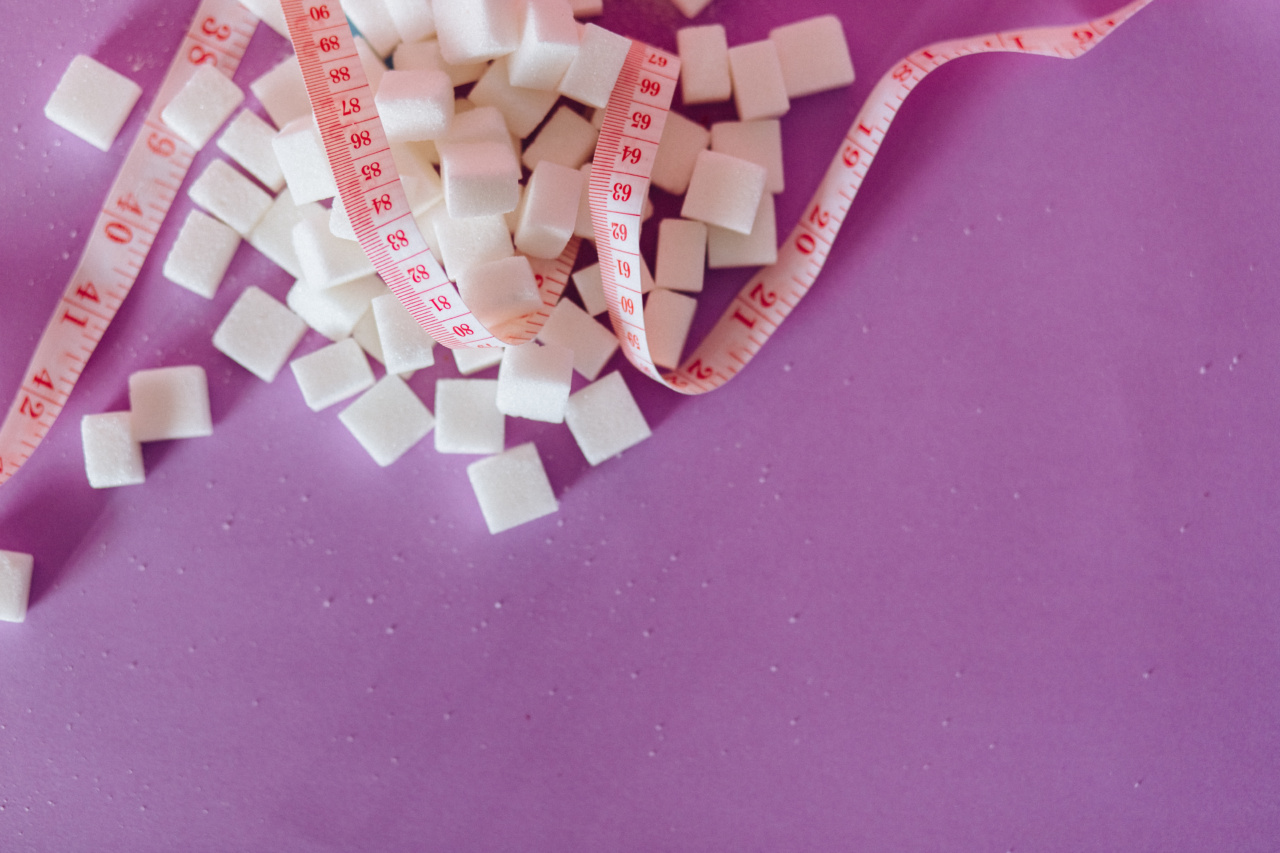Heart disease is a leading cause of death worldwide, and diet plays a significant role in its development.
Certain foods can contribute to the risk of heart disease and also lower levels of good cholesterol, which is essential for maintaining heart health. By avoiding or limiting these types of foods, you can reduce the risk of heart disease and promote a healthy heart.
Saturated and Trans Fats
Foods high in saturated and trans fats should be limited to protect heart health. These fats can increase levels of harmful LDL cholesterol and lower good HDL cholesterol. Examples include:.
1. Fast Food and Fried Foods
Fast food items, such as burgers, fries, and chicken nuggets are often fried in unhealthy oils and contain high levels of saturated and trans fats.
2. Processed Meats
Processed meats like sausages, bacon, and salami are high in saturated fats and often contain added preservatives and sodium.
3. Full-Fat Dairy Products
Whole milk, cheese, and butter are high in saturated fats. Opt for low-fat or non-fat versions instead.
4. Red Meat
Eating excessive amounts of red meat, especially fatty cuts like beef and lamb, can raise LDL cholesterol levels.
Sugar and Sugary Foods
Excessive sugar consumption can lead to obesity, diabetes, and ultimately heart disease. Avoid or limit the following sugary foods:.
5. Soda and Sugary Beverages
Sodas, energy drinks, and sweetened juices contain high amounts of added sugars that contribute to weight gain and increased risk of heart disease.
6. Candy and Sweets
Candies, chocolates, cookies, and other sweet treats are loaded with refined sugars and unhealthy fats.
7. Pastries and Baked Goods
Most commercially baked goods like muffins, cakes, and doughnuts contain large amounts of sugar, unhealthy fats, and trans fats.
8. Frozen Desserts
Ice creams, sorbets, and other frozen desserts are high in sugar and often contain unhealthy additives.
High Sodium Foods
A high-sodium diet can increase blood pressure and strain the heart. Limit the intake of the following high-sodium foods:.
9. Processed and Canned Foods
Foods processed or canned with added salts, such as canned soups, salty snacks, and ready-made meals, can contribute to high blood pressure.
10. Condiments and Sauces
Condiments like ketchup, BBQ sauce, soy sauce, and salad dressings often contain high amounts of sodium.
11. Pickles and Olives
Pickled vegetables and olives are brined in high-sodium solutions, leading to increased sodium levels in the body.
12. Processed Cheese
Processed cheese products, including cheese spreads and cheese slices, contain high levels of sodium to enhance flavor and preservation.
Trans Fats and Partially Hydrogenated Oils
Trans fats are created through the process of hydrogenation. They are commonly found in the following foods:.
13. Margarine and Vegetable Shortening
Margarine and vegetable shortening used in baking and cooking contain trans fats. Opt for healthier alternatives like olive oil or avocado oil.
14. Packaged Snacks
Snack foods like potato chips, crackers, and microwave popcorn often contain trans fats for extended shelf life.
15. Fried Snacks
Deep-fried snacks like onion rings, french fries, and fried chicken wings are often cooked in unhealthy oils containing trans fats.
16. Baked Goods
Many commercially produced baked goods, including pastries, cookies, and crackers, contain trans fats or partially hydrogenated oils.
Highly Processed and Refined Foods
Highly processed and refined foods often lack essential nutrients and can negatively impact heart health. Avoid or minimize consumption of the following:.
17. White Bread and Bakery Products
White bread, bagels, and other bakery products made from refined grains lack fiber and can lead to weight gain and high cholesterol.
18. Packaged Snacks
Crackers, chips, and other packaged snacks are often loaded with sodium, unhealthy fats, and artificial additives.
19. Instant Noodles and Pasta
Instant noodles and processed pasta often contain high sodium content, unhealthy preservatives, and are typically low in nutrients.
20. Sugary Breakfast Cereals
Certain breakfast cereals marketed towards children are high in sugar, lack fiber, and contain unhealthy additives.
Other Foods to Limit
In addition to the aforementioned categories of foods, it is also advisable to limit the consumption of the following:.
21. Excessive Alcohol
Heavy drinking can increase blood pressure, contribute to weight gain, and lead to heart disease.
22. High-Caffeine Beverages
Excessive consumption of energy drinks and other high-caffeine beverages can cause irregular heart rhythms and elevated blood pressure.
23. High-Saturated Fat Oils
Oils like palm oil and coconut oil are high in saturated fats and can negatively impact heart health if consumed in excess.
24. High-Fat Salad Dressings
Creamy and high-fat salad dressings often contain unhealthy fats, excessive sodium, and added sugars.
25. Artificially Sweetened Foods
Artificial sweeteners found in diet sodas, sugar-free snacks, and other food products have been linked to negative cardiovascular effects.
Conclusion
By being aware of the foods that can contribute to heart disease and lower good cholesterol levels, you can take proactive steps towards protecting your heart health.
Making healthier dietary choices, such as reducing intake of saturated and trans fats, sugar, sodium, and highly processed foods, can significantly reduce the risk of heart disease and promote a healthier heart in the long run.


























